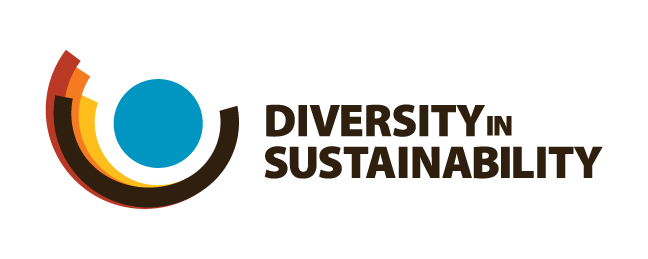
What challenges have people of colour run into in building their careers in sustainability?
While setting up the Theory of Change for Diversity in Sustainability, we spoke to many people of colour practitioners about the many challenges that they ran into as they contemplated joining the field of sustainability, all the way to those who have found themselves in more senior roles. Some of the quotes from our discussions are included below.
“In my culture it was not common for us to even remotely consider the environment or sustainability as a career choice. So I’ve had to push extra hard to build networks in this space to get where I am.”
“When I first moved to the US to pursue my PhD, as an immigrant I had to beg my supervising professor to write me a reference letter to work at a well-known NGO for a half-year long unpaid internship. I had been previously used to my merit getting me places in my home country, but here it was a whole new ballgame.”
“We need to acknowledge that to be in this field, there are some class-based barriers to overcome. Not everyone can move to an expensive city for an unpaid internship to get their foot in the door.”
People of colour often times do not have networks in the sustainability space from which to build from, and have to have extra grit starting from ground zero. A certain level of financial stability also must be present in order to pursue a field without a linear career trajectory. Research has also shown that people of colour are interested in and could benefit the most from mentorship programs.
“Our sustainability program is currently half people of colour and international students, so it would be strange that the marketplace does not reflect that.”
— Employment manager for Sustainability graduate program
“We’ve been building climate resilience programs for people in our local community, who are predominantly Black and Latino. They have a deep interest in making their community resilient for the long-term.”
— Executive Director, environmental non-profit
One of the familiar refrains that we have heard over the years is that People of Colour are not interested in the environment or sustainability. Nothing could be further from the truth. A survey run by the Yale Program on Climate Change Communication has borne out that in the US, the Black and Hispanic/Latino population is particularly concerned and motivated to act on climate change issues.
“When I started at the company, I was one of a few minorities. Now there are more, but they are all at the junior levels. Our senior management continues to be non-POC individuals.”
“Our junior and mid-level staff is reflective of the diverse city we live in. But our management team and board are definitely more white, and that likely won’t change for awhile unless deliberate choices are made.”
Like in many other fields, there continues to be a lack of people of colour at the highest levels of sustainability-focused organizations. The networks pervasive at these levels rewards a certain way of being, which may not always be accessible to people without similar lived experiences.
“I haven’t been able to get much exposure as a sustainability leader – I was and am always just behind that vocal leader/spokesperson in the conference brochure but hardly ever the one on the stage.”
“I attended an international sustainability conference with a panel on diversity, which had no non-white members on it. Several members of the audience pointed this out to the moderator and panel, and ended up walking out of the session.”
Though this is starting to change, historically for positions with profile: conferences, media appearances, and board appointments, are not particularly diverse. In a field where we are trying to find sustainable solutions for society, we need to see, hear and centre diverse voices.
“After George Floyd’s death, our executive team quickly tried to act by developing new programs, but did not consult all the people of colour on their team to help understand the problem further. Although they meant well, this was clearly a missed learning opportunity for them.”
“As a Black woman, there’s been many cases where I’ve been made to feel unwelcome in our sector - I often get the sense that people don’t know how to talk to me, or wonder why I am in the room. As a result, I feel more comfortable in the company of other minorities.”
“Indigenous youth have the energy and passion to propel the movement forward. They are the ones who will be affected most in coming years by climate change. They bring power, connection and vibrancy to the climate movement. ”
People of colour are underestimated - but they often have knowledge, expertise, and important lived experiences that need to be included in conversations to help their organizations or sectors. And it is our hope that Diversity in Sustainability helps us achieve that.

